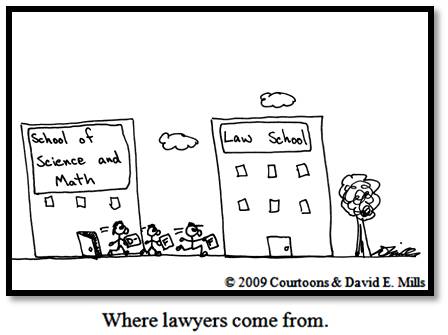Since you treated this patient you already have a treatment relationship with her. A forensic evaluation should be done by a neutral evaluator with no treatment relationship.
Just answer the questions you can answer.
How did she do on the unit when you had her? Okay this you can answer.
How is she doing now? That you can't answer. If they ask you to do a mental status examination or anything on her during court you can answer, "with all respect, it is a violation of professional guidelines to do a professional examination under these circumstances since I already had a treatment relationship with her and if ordered to do so, I will have to bill the court. The court cannot order someone to do work for them for free. Heck even the state appointed lawyers get paid. They get paid crap, but they get paid. They can't make you do anything that's new work unless are contracted by the court, or either lawyer.
What's her situation like with her children--you can't answer this.
Heck, if you want to be a real pain in the ass to the Court and I'd consider playing this game to tick them off for ordering you to court when they shouldn't have, with any specific question they ask you, you could say that since you can't answer without getting permission from her, you could say "I can't answer this question until I tell my former patient what my answer will be. I will have to break from testifying. All information from our treatment relationship can only be released with her permission." The patient may have released you to say what happened, but you can be a big pain in the ass and say you don't know what her reaction will be to the question since you never rehearsed your answer with her, so for that reason you need to break and talk to her and her lawyer.
I've seen this happen, where a Court doesn't know our professional guidelines or even the laws about this. E.g. I've seen a judge order a doctor to answer things that were privacy-protected even though it was illegal or put the doctor in contempt of court. If they ask you something you're not supposed to answer, say something to the effect of, "this is in violation of professional guidelines, ethics, and even from what I was told the law."

 . They had the records. I spoke at length with our hospital attorneys ahead of time and he advised me on what & what not to say. Essentially they just had me validate aspects of my notes, and speak more broadly on depression and treatment. They did NOT ask me if I thought "X" was a fit parent, and (even though I'm a child psychiatrist) I would have deferred to answer this question, as I never observed the pt interacting with his children. It was on the whole a much less anxiety-provoking experience than I feared it would be--Sam Waterson didn't come out and rip me a new one
. They had the records. I spoke at length with our hospital attorneys ahead of time and he advised me on what & what not to say. Essentially they just had me validate aspects of my notes, and speak more broadly on depression and treatment. They did NOT ask me if I thought "X" was a fit parent, and (even though I'm a child psychiatrist) I would have deferred to answer this question, as I never observed the pt interacting with his children. It was on the whole a much less anxiety-provoking experience than I feared it would be--Sam Waterson didn't come out and rip me a new one  .
.